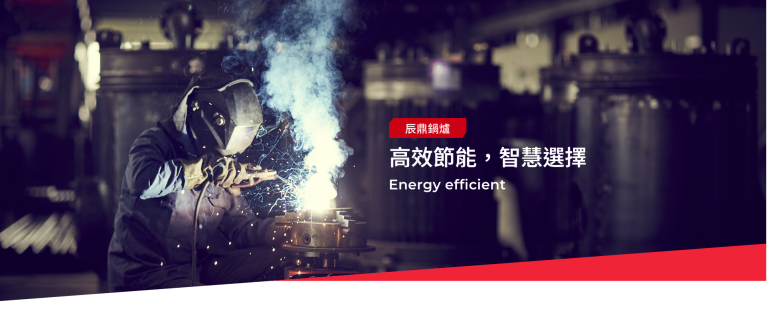Improving steam boiler operation efficiency: everything you need to know about water quality

Steam boilers are critical thermal equipment in many industries, generating heat to drive various operations during production processes. However, many people may overlook the importance of water quality to boiler equipment. do you know? The operating efficiency and life of a steam boiler are closely related to the water used. Let’s discuss why you need to use soft water and the importance of water quality treatment for steam boilers!
Why do we need to pay attention to the water quality of steam boiler?
❌Prevent calcium and magnesium deposition
Hard water contains high concentrations of calcium and magnesium ions, and when the water is heated, these ions form calcium and magnesium deposits called scale. The accumulation of scale will reduce the heat conduction performance of the steam boiler, resulting in reduced heat exchange efficiency and increased energy consumption. Using soft water reduces the formation of scale, extending the life of your steam boiler while reducing maintenance and cleaning costs.
❌Avoid corrosion
The minerals and ions in hard water can also cause corrosion of the internal metal parts of your steam boiler. Corrosion can damage the structural strength of the boiler and can cause leaks and other safety issues. The lower mineral content in soft water reduces the risk of corrosion of metal parts inside the steam boiler.
⭕️Improve performance
Soft water has higher thermal conductivity and can absorb and transfer heat energy more efficiently. In contrast, hard water has poor thermal conductivity due to scale and corrosion problems, which may cause the efficiency of the steam boiler to decrease and require more energy to achieve the same heating effect.
Boiler water quality treatment methods
High-quality boiler water not only improves the operating efficiency of the boiler, but also extends its life, thereby saving long-term maintenance and replacement costs.
There are several main water treatment technologies that can ensure the quality of steam boiler water:
✅Softening treatment
Softening refers to the removal of hardness ions from water, mainly calcium and magnesium ions. This is achieved through an ion exchange procedure, where calcium and magnesium ions are replaced by sodium ions, creating soft water. This can reduce the formation of scale, reduce the heat transfer resistance of the boiler, and improve efficiency.
✅Added boiler potion
Boiler potion refers to adding specific chemicals to deal with water quality problems in the boiler, including tank cleaning agents, deoxidizers, tank cleaning deoxidants, etc. These agents remove dirt, prevent corrosion, remove oxygen, regulate alkalinity and inhibit microbial growth, ensuring boiler safety and efficiency.
✅Periodic cleaning
Regular cleaning of boilers and piping systems is an important means of maintaining good water quality. This can be achieved through physical or chemical cleaning procedures to remove dirt, sediment and biological contaminants, maintaining the smooth flow and efficiency of boilers and pipes.
✅Monitor and adjust
Regularly monitoring the chemical indicators of boiler water, such as pH, hardness, oxygen content, salt and dissolved solids, can help identify water quality problems and adjust treatment measures in a timely manner. This requires the use of appropriate water testing equipment and the advice of a professional water treatment service.
Conclusion
Excellent water quality is extremely important to the performance and life of your steam boiler. Good water quality management can not only reduce the risk of blockage, corrosion and rust of boiler pipes, reduce thermal stress and pressure loss, but also ensure the safe operation of steam boilers. Therefore, in steam boiler systems, regular monitoring of water quality, taking appropriate water treatment measures and regular cleaning and maintenance are indispensable. This ensures that the steam boiler can operate efficiently and safely, while saving energy and reducing maintenance costs, and extending the service life of the steam boiler!

